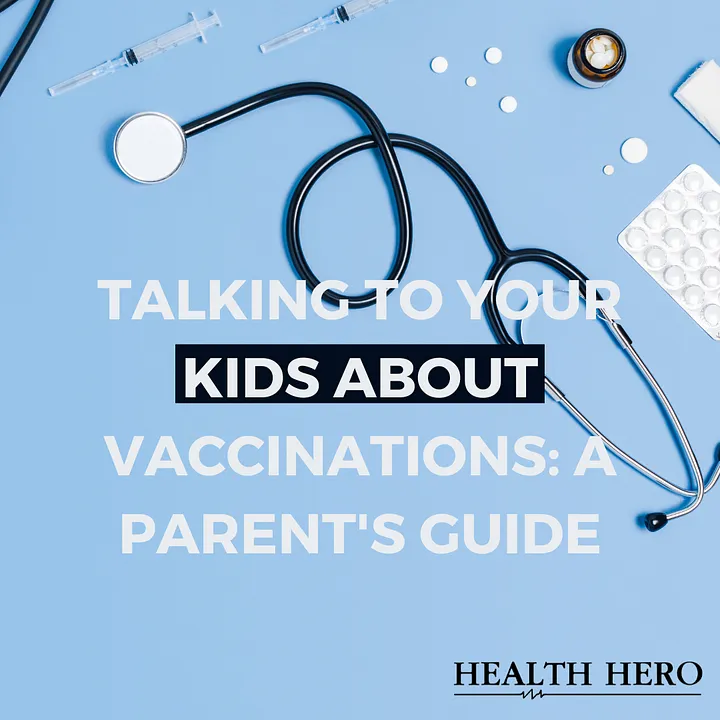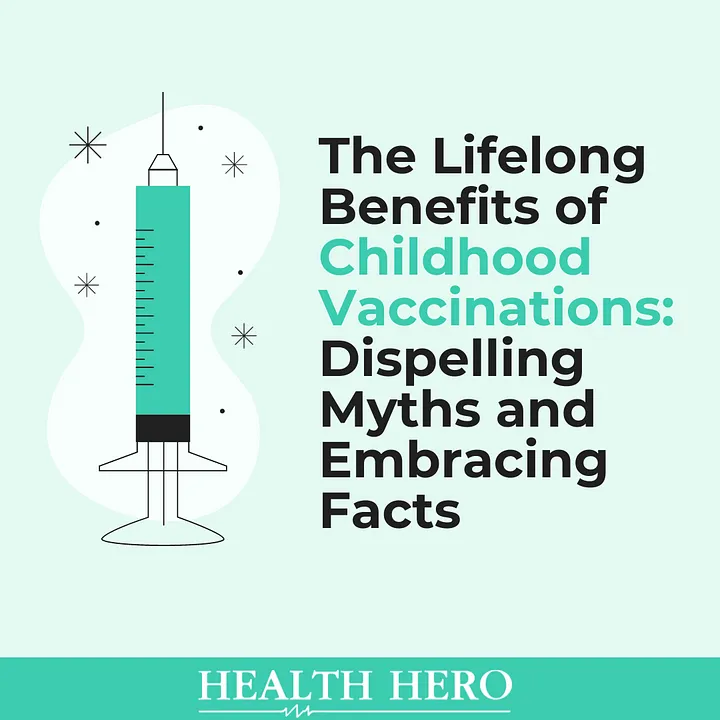Navigating the complex parenting landscape often involves addressing sensitive topics, one of which is the matter of vaccinations. As misinformation spreads and emotions run high, it becomes essential for parents to approach the subject with clarity, compassion, and evidence-based information.
Start Early and Keep It Age-Appropriate
Begin discussions when children are young. Use simple terms for little ones, such as “This will help keep us healthy.” As they grow, introduce more detailed explanations suited to their cognitive abilities.
Be Transparent and Honest
Children, especially as they grow older, can sense when they’re not getting the whole story. Be open about the purpose of vaccinations: protection against potentially severe diseases. If there are mild side effects, like a sore arm, be honest about them.
Use Relatable Analogies
Kids understand better when you use relatable examples. You might compare the vaccine to a shield, protecting against harmful invaders, or even to a superhero training session, preparing the body to fight off bad guys.
Highlight Positive Stories
Share personal stories of how vaccinations have kept family members safe. Kids relate well to personal narratives and can find comfort in knowing their loved ones have been through similar experiences.
Address Their Fears
Take their concerns seriously. If they’ve heard negative stories or myths, address them with evidence-based facts. Remember, the goal is to ensure they feel heard and understood.
Reinforce the Community Aspect
Emphasize that vaccinations aren’t just about individual protection. They’re also about safeguarding friends, family, and the community, especially those who can’t get vaccinated due to medical reasons.
Utilize Reliable Resources
Equip yourself with factual, accessible information from trusted sources like the World Health Organization, the Centers for Disease Control and Prevention, and pediatric associations. This preparation will allow you to answer questions with confidence.
Set the Example
Demonstrate the importance of vaccinations by ensuring you’re up to date with your shots. Children who see their primary role models prioritizing health are more likely to understand its significance.
Encourage Questions
Children are naturally curious. Encourage them to ask questions; if you don’t know the answer, it’s okay. Use it as an opportunity to research and learn together.
Reiterate the Importance of Respect
It’s crucial to teach children that even if someone has a different viewpoint, it’s essential to approach the subject with kindness and respect.
Discussing vaccinations with your children might feel daunting, but with the right approach, it can become an enlightening experience for you and your child. Engage in open dialogue, stay informed, and emphasize the importance of community and protection. In doing so, you’ll be fostering not just understanding about vaccinations but also critical thinking and empathy.

